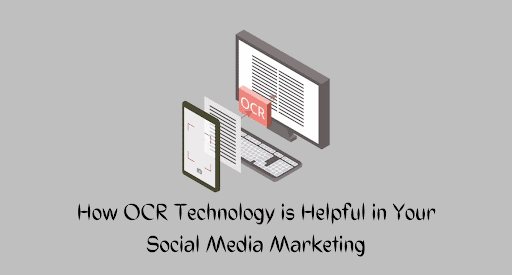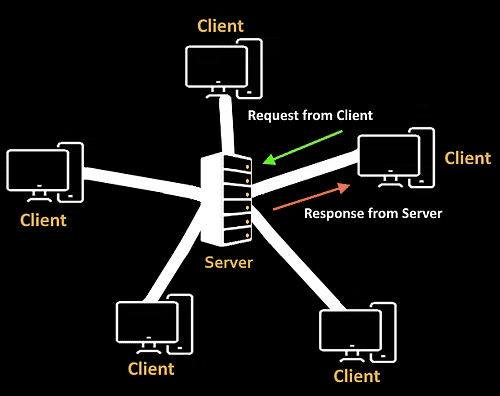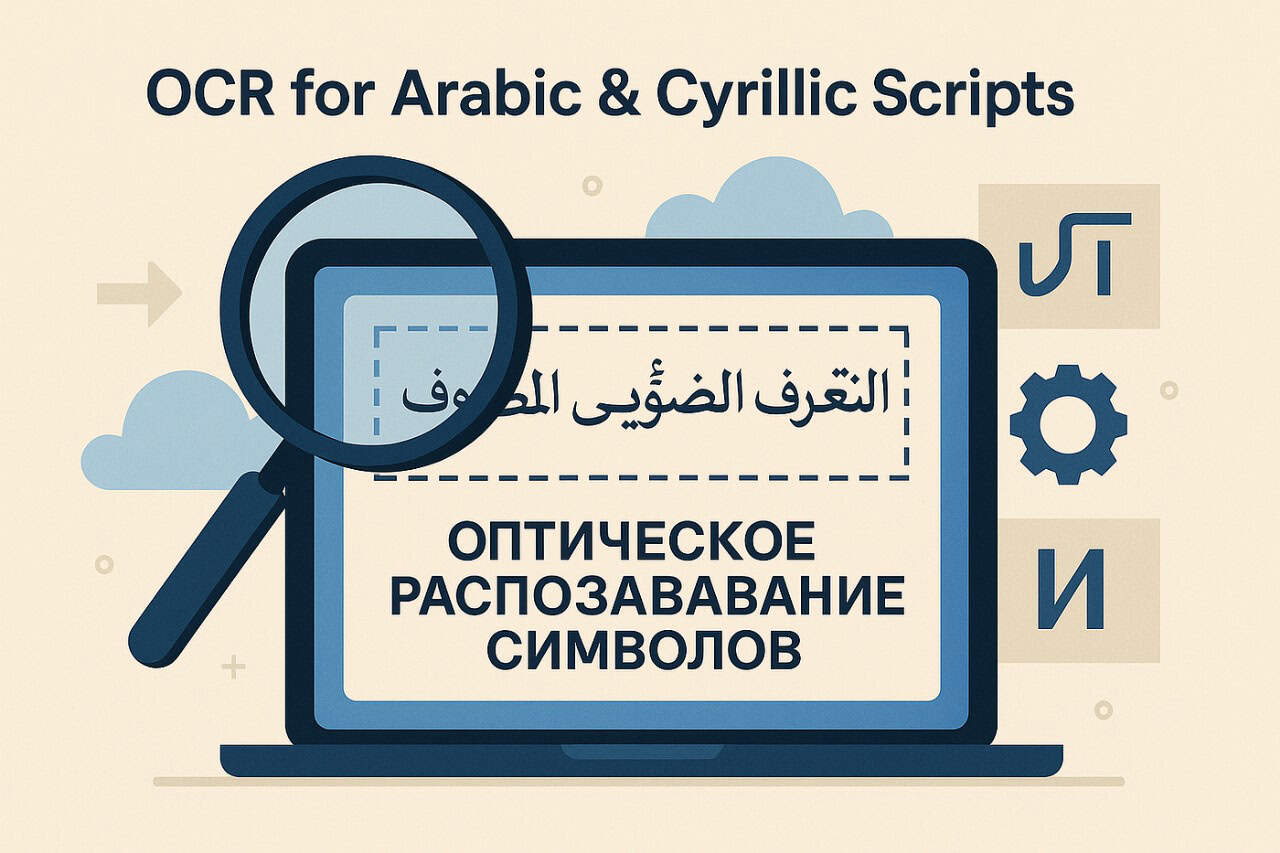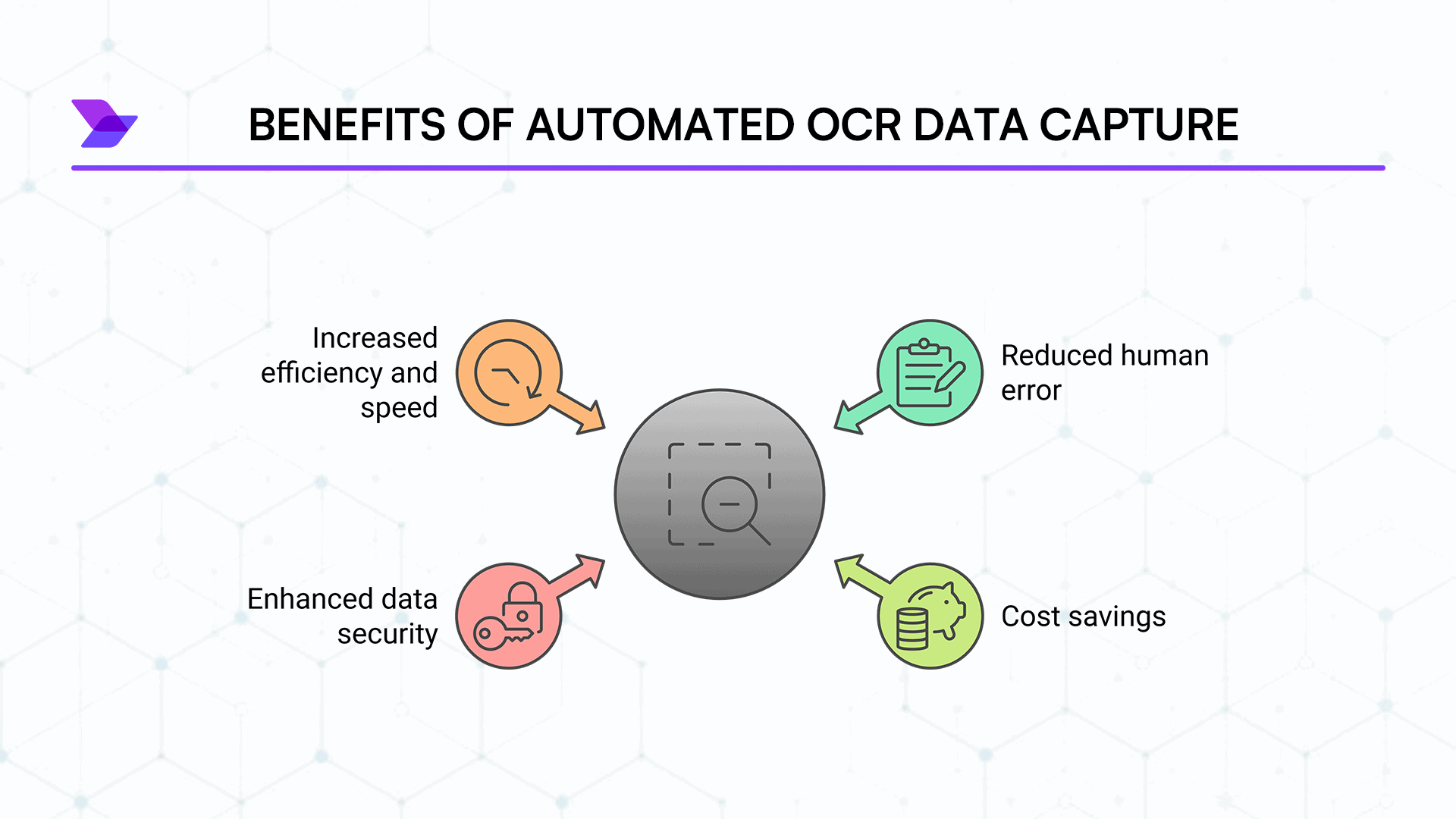Social media is now the main way brands connect with their customers, lend a helping hand, and promote what they offer. Since more people are using the internet for social media, there has been an increase in impersonators and fake accounts. That’s why verifying your social media accounts is more important than ever. While the internet is a central part of most verification systems, using it often worries privacy advocates and slows down everything.
Because of this, we turn to software that operates outside the internet for OCR tasks. Because of offline OCR technology, having a verified badge on Instagram, Facebook, TikTok, or X (previously Twitter) proves your authenticity and keeps others from imitating your brand. We analyze how OCR STUDIO and other offline OCR solutions make reviewing product information easier, which increases trust in brands on social media.

1. The Importance of Brand Verification on Social Media
With social media, customer-centered businesses can now build a famous brand and win the trust of their customer base. Thanks to having verified accounts, you can easily spot brands that you can trust. If a company doesn’t verify identities properly, it could be the victim of scams or someone posing as someone else, which damages its reputation with the public.
You can make things easier with offline OCR software during verification. Martha Bowen, Marketing & New Business Manager at Boldspace, explains that brands find account verification less complex because they can rapidly see and share their business and ownership records securely by scanning them with offline OCR. Private files in offline documents allow brands to verify their identity on social networks more safely.
2. How Traditional Verification Methods Pose Privacy Concerns
Many social media platforms currently depend on cloud-based identity verification systems, where brands upload sensitive documents like business licenses, personal IDs, and certificates for authentication. While these online methods offer convenience, they raise significant concerns around data privacy, regulatory compliance (such as GDPR), and cyberattack vulnerability.
Offline OCR technology works on a local computer, eliminating the need to send confidential data over the internet. All verifications happen inside the company device, protecting data from being accessed without permission. Consequently, companies managing confidential information or subject to strong privacy rules choose offline OCR for a safe and compliant verification process on social media.
3. Speeding Up the Verification Process for Brand Accounts
Conventional methods for verifying social media accounts are usually slow and can lead to errors due to incorrect information, the wrong file types, or mismatched data. Such problems may result in a longer verification process and exacerbate brands trying to build online identities. Online OCR technology makes document verification easier, making all necessary scans and sorting them before the process starts.
Dr. Nick Oberheiden at Oberheiden P.C. points out that when OCR systems successfully identify primary data such as names, registration codes, and ownership, errors made in manual data entry are significantly reduced. Accurate data allows marketing teams and brand managers to quickly check many accounts or sites and ensure their brand remains authentic on social media.
4. Reducing Dependency on Internet Connectivity

There is no high-speed internet guarantee at brand events or when work is done remotely. This means that carrying out routine accounting tasks like verifying accounts is a big challenge when cloud services are involved. Through offline OCR, brand teams can check products’ compliance anytime and from anywhere.
Although a marketing firm might process rural clients’ paperwork manually or manage it differently than a PR firm, OCR enables everyone to save and access the documents conveniently and confidently.
5. Enhancing Security in Document Handling
Michael Jensen, CMO at Forsikringssiden, warns that sensitive documents should be kept safe when verifying accounts on social media. “If someone mishandles passports, business licenses, or utility bills when confirming identities, this information could be stolen by cybercriminals,”. Offline OCR handles this problem by putting the data on a locked device and using encryption so people can’t access it without authorization.
Due to the extra security in this system, both brand leaders and lawyers can be assured that their files are safeguarded from any risk. Offline OCR systems also offer features like audit trails and access logs, which allow companies to keep track of everyone using the verification records to ensure the verification process meets all legal standards. Their need for control becomes crucial when brands want to keep their verified social media profiles trustworthy.
6. The Role of OCR STUDIO in Empowering Offline Verification
OCR Studio plays a significant role in the development of offline OCR by providing high-security, offline-enabled optical character recognition created for precise verification of identity and documents. It helps brands quickly access essential data from IDs, business certificates, and licenses, which makes it the best choice for checking accounts on social media.
The versatile and embeddable design of OCR STUDIO allows it to blend effortlessly with existing brand processes and verification methods. As a result, marketing teams, digital agencies, and corporate social media managers can securely process confidential data locally, so they do not trust it to cloud services and protect their data from significant breaches. When it matters a lot to protect a brand’s reputation, OCR STUDIO becomes invaluable for brands managing the changes in social media verification.
7. Supporting Global Brands with Multilingual Document Processing

Since businesses with a worldwide reach use many languages and scripts, global brands often deal with documents written in several scripts and languages. When you don’t rely on the internet or care about privacy, counting on cloud resources for various document checkers may sometimes lead to the wrong answer. With offline OCR, Latin, Cyrillic, Arabic, and Chinese documents will be recognized and analyzed correctly. Because of this, your brand can obtain IDs, business licenses, and certificates safely and quickly.
If a brand works on multilingual documents offline, it can verify its documents quickly and more accurately, regardless of location or language rules. Because of this, brands can set up their social media accounts on Instagram, Facebook, and TikTok quickly and safely when reaching out to new markets. Furthermore, offline OCR software such as OCR STUDIO has many language libraries and easy ways to customize recognition, so businesses with global operations can keep their brand identity protected anywhere.
8. Future-Proofing Brand Identity in a Decentralized Web
Since digital services keep evolving, digital identity is also shifting towards decentralized systems and Web3 to give individuals more information ownership. Cloud-based data verification faces problems because people worry about privacy and who holds the data. With offline OCR, brands are safer and more independent when processing documents. The secret use of this approach helps the brand manage data lawfully and with higher security. Now, offline OCR allows companies to grow as they plan for future decentralization, ensure data security, and earn the trust of their customers.
9. Strengthening Crisis Communication and Brand Protection with Offline OCR
During cyberattacks, impersonations, or false information online, brands must act urgently to verify themselves and control their social media presence. A secure and checked social media presence is now more important than ever to defend the company’s reputation. You can verify documents safely and quickly with offline OCR, even when your internet connection fails.
According to Stephen Twomey, Founder of MasterMindSEO, delays in getting verified during a crisis can significantly harm a brand. Teams can use offline OCR to scan and send verification documents immediately, as they may not always be able to access or trust online systems.” Because local processing occurs, businesses protect their licenses and legal documents within the company’s network.
Should traditional communication methods fail, PR teams and crisis leaders shift tasks to OCR and relocate or confirm activities on original platforms. Thanks to this ability, customers are sure the brand can handle situations properly, which helps maintain trust.
10. Streamlining Multi-Platform Verification for Agencies
Any agency providing social media management for clients on Instagram, Facebook, X, and TikTok must know how each platform confirms users’ identities. With offline OCR, getting data from business registrations, trademarks, and IDs is now easy.
Thanks to OCR STUDIO and online tools, agencies save a lot of time by allowing them to check several brands in one process with fewer errors. Storing sensitive documents in this way makes running operations easier and ensures they align with the rules.
11. Enhancing Internal Governance with Secure Verification Logs
A brand on multiple platforms must manage everything internally, especially after verification. Offline OCR stores each identity verification step locally, strengthening the enterprise’s management. The business can easily manage document changes and protect everything within the company.
All internal and external verification processes depend heavily on secure verification logs. Offline OCR helps you keep records of processing, the person responsible, and the process results. Noting every change lets you comply with strong privacy and data protection guidelines. Because brands verify manually, they cut down on data risks and ensure all their social media pages are focused on integrity and compliance.
12. Addressing Accessibility and Usability in Low-Bandwidth Environments

In several rapidly growing parts of the world, internet connections are often poor, making it hard for brands to quickly confirm their social media accounts. According to Gerrid Smith, Chief Marketing Officer at Joy Organics, in countries new to online business, the internet is not always as quick or dependable as many desire. Therefore, identity verification without the internet becomes necessary.
Businesses can use offline OCR technology to process identity documents. This is most helpful for small brands, companies, and stores in a region that hope to become credible on worldwide social networks. Secure document verification, faster handling, and greater recognition in competitive sectors are possible for these businesses using offline OCR without facing risks and potential delays from doing things online.
13. Meeting Regulatory Requirements Across Jurisdictions
Regulations vary from region to region, each telling brands how to verify data and identities on social media accounts. As a result, a company in the EU must obey the GDPR, and those in the United States may be required to follow the FTC or CCPA regulations. In this situation, documents must be well managed when processed, saved, and sent, and offline OCR helps to handle them securely.
With OCR offline, checking documents doesn’t require sharing user information online. Taking care of processing locally helps cloud service providers meet the needed rules and lessens the chance of someone accessing data without approval. According to Timothy Allen, Corporate Investigation Consulting, paper-based OCR services can still comply with local requirements as files can be encrypted, specific information can be deleted, and data can be wiped securely. Because of these features, documents face less rejection, allowing a brand to be verified.
14. Supporting Niche Marketing Agencies with Offline OCR Verification
Marketing companies focused on home services encounter challenging hurdles as they verify their customers’ social media accounts. Every platform—Instagram, Facebook, TikTok, and X—requires different materials, including company licenses, proof of coverage area, and valid IDs for important individuals.
Offline OCR technology helps agencies scan, extract, and confirm the accuracy of their sensitive documents while staying offline. Data remains private, verifications are done more quickly, and all essential rules are followed, ensuring this works across different document formats and languages.
Examples like The Hook Agency enjoy significant benefits from what these insights allow. Their customers generally need to see evidence of being licensed and approved by local officials to feel trust and believe the company on social media. Through offline OCR, agencies can sort through many documents simultaneously, securely keep data, and ensure the proper standards are verified for every client’s profile.
If offline OCR is applied in their workflow, niche agencies will facilitate a more straightforward onboarding process, avoid verification delays, and improve their clients’ reputation and visibility online. As the home service industry becomes more competitive, having this simple social media account verification method has become more critical.
15. Future-Proofing Brand Verification with AI-Driven Offline OCR

Because social media giants enforce their verification, brands must use reliable technologies to stay on top. A significant plus of advanced offline OCR is that sensitive identity paperwork can be scanned and processed directly on computers, tablets, or smartphones, all without being connected to the internet, according to Alex L., Founder of StudyX. As a result, brands can authenticate numerous identity documents, accommodate multilingual input, and comply with tight guidelines while working offline.
Because social media verification may involve biometrics, real-time fraud detection, and regulation, this flexibility matters a lot. Depending on closed environments for OCR makes data safer from threats and readies brands for possible future verification needs. Using this technology protects the brand’s reputation, keeps customers loyal, and keeps the business running smoothly as things change online.
Final Thoughts on Social Media Account Verification for Brands
Besides making life easier for your customers, offline OCR supports brands in being more secure, preserving privacy, and running things smoothly. Because social media keeps improving and users value trusted accounts, companies must focus on securing offline OCR.
Applications like OCR STUDIO are helping to advance this change, providing brands with a way to secure and verify their digital identities. Modern brands can enjoy safer, more competent, and more confident social media accounts.

